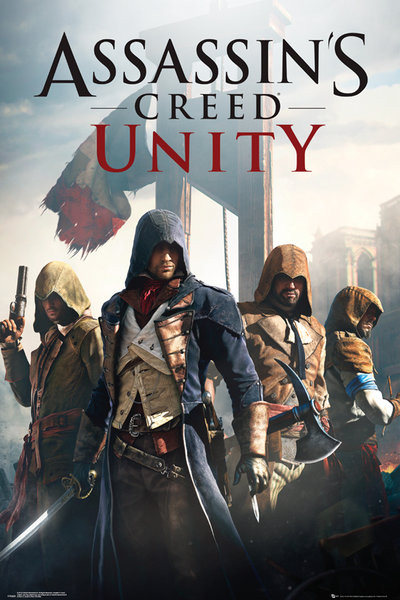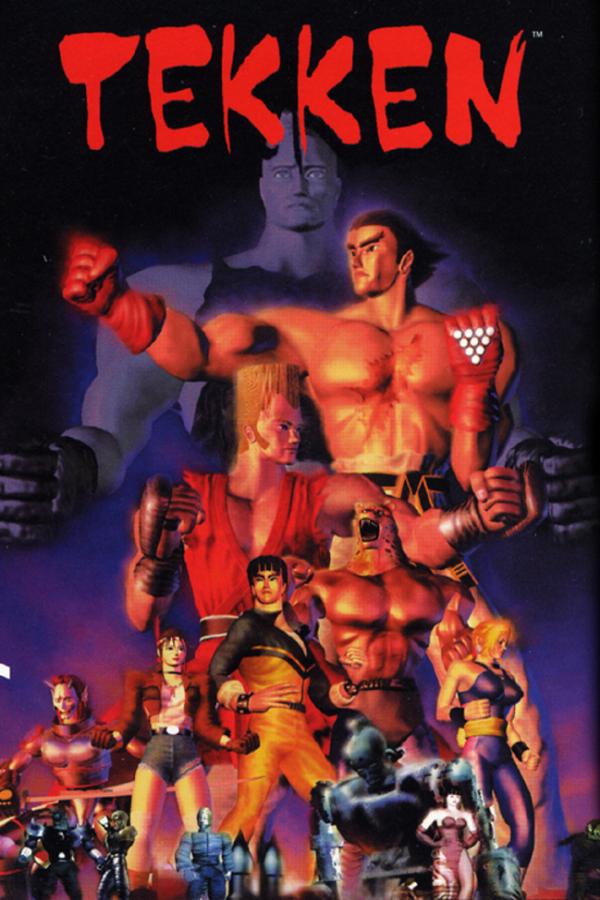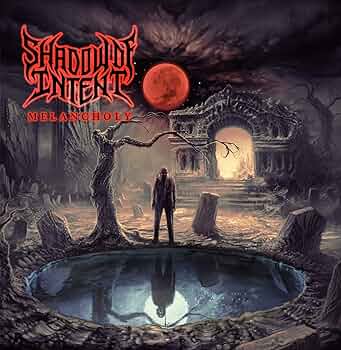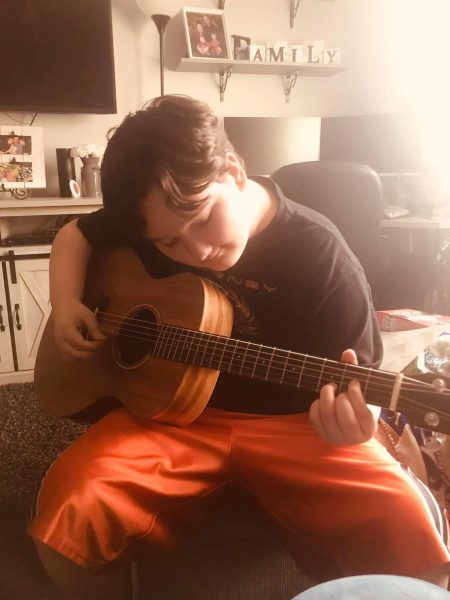My journey throughout the Architects’ catalog has been filled with disappointment and mediocrity. That’s kind of harsh, but somewhat true. I like Doomsday and a good chunk of their released album, The Sky, The Earth, and All Between. However, I began to spiral after listening to For Those That Wish To Exist. The music sounded genuine and had a lot of improvements, but there was still a void. Then I came across a playthrough of the album they did at the Royal Albert Hall. After listening, I was impressed with the depth of the record and how well the live aspect was. To appreciate this album, I want to go track by track to analyze this album’s strengths and weaknesses. Like always, I will be rating each track on a one-to-five scale.
Do You Dream Of Armageddon: 4
This prelude establishes the thematic approach to backing instrumentation while providing a nice atmospheric track. It symbolizes the nicely mellowed writing we are yet to hear on this album. Within the lyrics, you see the helplessness of a post-rapturous world, where everything is desolate and the acceptance of one’s eternal fate. It’s super heavy, and it delves deeper into the pillars of those desolations.
Black Lungs: 5
This song shows the growth of their songwriting, kind of shaking the very tired sounding Metalcore approach while keeping certain principles. I have always been a sucker for strings and bell orchestras. I am, however, not familiar with braces, and wow, the combination of bells being a backbone for the snare work and the brasses kind of taking on a lower end for the guitars and their melodies just adds so much. I’ve always felt that Lagos’s mixing and drumwork with a crisp snare tone is super underrated and helps boost the somewhat simple (but effective) riffwork from Middleton and Christianson.
Giving Blood: 3
Giving Blood, the second full-length track that is kind of a point of contention. By no means is it a bad song, but kind of forgettable. I think going from a masterful track like black lungs to the more basic groundwork of Giving Blood kind of makes it a little underwhelming. I’m sure it’s for someone and keeps the “sound” of this album, but it’s just very meh. The lyrical concept is actually pretty good with a commentary on the priority of self-salvation or others’ salvation, which could be refuted easily by reading Romans, but I digress.
Discourse Is Dead: 3
Again, a pretty mediocre song that doesn’t really offer anything to me aside from its story. I like the whole idea of commenting upon the inner mingling of religion and politics, especially when producing a corruptive solvency.
Dead Butterflies: 4
The fifth track establishes the mellowed-out and more emotional side of the band. The instrumentation is near perfect, with almost a ballad-like beauty. The chorus ascends to it’s poetic meaning, and even though it is a little too repetitive. It does seem to be a little overproduced, but I get where they were going with it.
An Ordinary Extinction: 4
Architects tap into their more dissonant side with the sixth track An Ordinary Extinction. It does a great job of delivering a great crescendo throughout the track, which makes the listener feel uneasy. Also, Sam’s vocals are heavy in this song, with a kind of leaning between his harsh vocals to a cleaner application. It has a great anthemic take on the metalcore genre, with a nicely fleshed out orchestra in the background, kind of replacing any other instruments both via writing and mixing.
Impermanence: 5
This track is absolutely explosive and delves back into the idea of the orchestra being a more supportive role than a full-on replacement for the entire instruments. I really liked the groove of Middleton’s rhythm work, feeling like a less toned-down version of a basic djent riff. There’s something about how Carter carries himself throughout the melody that reminds me of a more early 2010s pop song. I loved the themes of resignation, almost a prelude to the acceptance of the end of the world.
Flight Without Feathers: 3
The eighth track encapsulates the emotion and lyrical style of Dead Butterflies with the vanilla metalcore sound of something like Discourse Is Dead. There’s just not really any outstanding connections. It’s not bad, but it doesn’t send any dopamine into my body. The reason I don’t vote it lower is due to my own bias, I’m sure there’s someone who will or does like this song.
Little Wonder: 4
A great diversion from the kind of hollowing album, Little Wonder picks up a lot of the slack and takes on a new approach with a more “pop-punk” path. This is reflected by the instrumentation feeling really in your face, while the orchestra does kind of take a back seat. Also, with the more pro-youth themes, it creates a nice bridge between the latter and metalcore.
Animals: 5
This song is pure perfection. The drum work and the combinations of the bells create this colossal feeling. While the guitar works, being in your face and heavily groove-oriented. With this track being a single, they have a perfect amount of traditional metalcore approaches with the perfect formula of what makes a great starting single and a preview to an album. It’s a beautifully produced song with a killer music video.
Libertine: 5
The following track is a masterpiece, too. I would say this is probably my favorite track on this record since it has such a greatly produced and mixed sound that fills whatever speakers I’m using. The melody is carried beautifully and Sam’s powerful vocals. The lyrics delve deep into existentialism, and to be honest, why wouldn’t people? It paints a picture of the remnants of Earth after humanity’s fallout. Absolute perfection.
Goliath: 4
Returning from the colossal feeling tonality of Impernance is presented within Goliath, it’s a super thick feeling, while also planting the seeds of orchestral accents throughout the piece. It’s just so well made, and between the mellowed feeling of doom, it’s a great combination. The idea of creating a heavy lyrical concept within a very simple bible story is so genius and makes this one for the ages.
Demi God: 2
This feels like such a huge song, especially when it’s surrounded by other really great songs before and after. It’s just kind of meh.
Meteor:5
Searle returns with that crisp Snare straight out of the gate. I love their energy on this track, specifically with the drum and guitar work. Another big mainstay is a laid-back melody that isn’t as fleshed out, but oddly works. This is a nice take on the whole fallout plot, with a focus on a climate crisis while also being a metaphor (lyrically) for depression; it’s just perfectly executed.
Overall, this album is masterful and well-produced for a live album. Speaking of live albums, I wish more bands, especially in the metalcore scene, would implement full album playthroughs with a different take on their instrumentation. They’ve done a great job at fleshing out later albums, so this is more of a genesis, I suppose.

![[Review] Architects- For Those That Wish To Exist (Live at Albert Hall)](https://fohssignal.net/wp-content/uploads/2025/05/ArchitectsFTTWTE.jpg)






